I have long been an advocate for the ring finger rule. If your ring finger is shorter than your first then you are generally better at numeracy skills. If your first finger is longer, verbal skills are your strength.
I have absolutely no evidence to back this theory up, but it does raise the interesting idea that people are either numerical or verbal and that this is fixed for life.
As the world of content has irreversibly turned digital, I find it absolutely necessary to bring the analytical skills that I developed over my years in research into every piece I write.
And so, I think, should any copywriter. Here’s why:
To see the bigger picture: data storytelling
The ability to draw a story from a dataset is one of the most valuable skills you can gain from any analytical role. You can have a higher IQ than Einstein, it won’t matter if you can’t translate your numbers into meaningful insights.
This is no different in copywriting. Words, obviously, have meaning, but if you take them the wrong way or use the wrong ones for the wrong audience, that meaning will be lost.
As much as I love how fancy and clever the word rodomontade makes me sound, it would be very rodomontading of me to use it in this blog, where it has no place.
I don’t think that you, my audience, particularly want to Google random words while reading a 3-minute blog, so my ego will have to take a back seat here in favour of the bigger picture.
(rodomontading means boastful, and I literally just found it on Google).
To understand your influence
To plan successful copy, figuring out what has worked before is invaluable. When a business realises that their sales methods are working, they reproduce them. When they realise their website is putting people off, they change it.
You wouldn’t keep using the same words that consistently fall short, and if you aren’t measuring your success, how would you even know?
Even if you have no technical analytical skills at all, a quick debrief with your client will give you some data as to what worked well.
To think outside the box
We all fall into patterns, it’s just the way we are.
Although it’s human nature, doing things because “that’s just how we’ve always done it” is completely and utterly useless. In analytics, you need to think creatively but objectively to understand the story your data tells. Stepping outside your comfort zone as a copywriter can feel really scary, but is necessary if you want to keep improving.
This goes for who you’re targeting too. The only way to find out who your audience really is is with a little bit of research.
Short surveys can be invaluable for learning more about your audience – they might surprise you. And there might already be data out there that explains your target market perfectly. Even if it is only Amazon reviews for similar products, there is information on the web to help you understand your audience.
You can also find loads of plugins that offer information about demographics if you don’t feel comfortable doing your own analysis.
Data will enhance your credibility more than any other tool
Clients who like your style might be interested, but clients who love your copy AND can see exactly how well it has worked for someone else will find you irresistible.
A hilarious banner with your best-selling tagline will, no doubt, look great in a pitch. Add the conversion rate increase that has occurred since using it, though, and the entire pitch will be based on cold, hard evidence.
There is also a peer pressure element here, if you saw that all the copywriters are using a particular SEO method, you’d want in on it too, right? And if you saw other brands jumping on a new social, you’d certainly check it out!
Whether you write or hire writers, an analytical mindset will enhance your copy just as much as a creative one!
